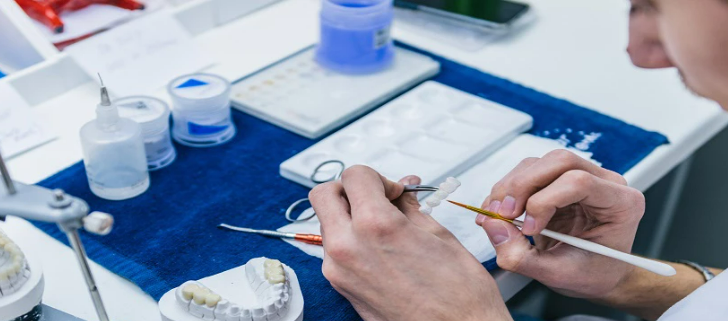No Common Counselling For Medical & Dental Admission in 2023
The year 2023 will see significant changes in India’s admissions process for medical and dentistry schools. Discussions and excitement among prospective students have been ignited by the Center’s recent declaration regarding the absence of uniform counselling for admissions to the medical and dental schools. We examine the decision’s nuances, its ramifications, and the state selection committee’s part in determining the admissions procedure in Tamil Nadu in this extensive guide.
Knowledge of the Announcement
Ma Subramanian, the health minister for Tamil Nadu, said that there won’t be joint admissions counselling for medical and dentistry students in 2023. The state selection committee, which reports to the Directorate of Medical Education, has been given the go-ahead to supervise the admissions procedure for the 85 percent of state-required seats at state-run medical colleges, self-financing colleges, and private universities.
The Central Committee’s Function
The state health secretary and the director of medical education received a letter from the director general of health services, Dr. Atul Goel, in March outlining the intention to undertake standard counselling for all seats in government, private, and deemed institutions nationwide. But the state’s health secretary voiced reservations about possible state rights violations and gave an appropriate response. The Centre then reiterated its choice, declaring that the counselling procedure wouldn’t change.
Under the All-India Quota (AIQ), the central committee is still in charge of conducting counselling for seats in prestigious institutions including AIIMS colleges, JIPMER, national and deemed universities, and 15% of seats in state-run medical colleges. The importance of this committee’s function in the overall admissions process must be understood.
Making Counselling Process More Simple
The Centre suggested some improvements with the aim of expediting the counselling procedure and lowering the number of open seats for undergraduate and postgraduate programmes. A significant number of seats were left vacant in previous years, with 187 of the 92,0965 MBBS seats staying unfilled in 2021–2022 and 292 of the 96,077 MBBS seats remaining unfilled in the following year. The Centre has pledged to strictly adhere to state reservation laws, including in-service and residence criteria.
Consequences for Future Students
The absence of standard counselling in 2023 has benefits and drawbacks for students hoping to enroll in medical or dental school in Tamil Nadu. Although the judgement gives the state selection committee greater discretion over the admissions process, it also makes it necessary to be aware of the updated guidelines and specifications.
In conclusion, the Centre’s announcement that medical and dental admissions will not be subject to joint counselling in 2023 has paved the way for a unique admissions procedure in Tamil Nadu. To effectively traverse the admissions process, prospective students must stay up to speed with the rules and regulations set forth by the state selection











